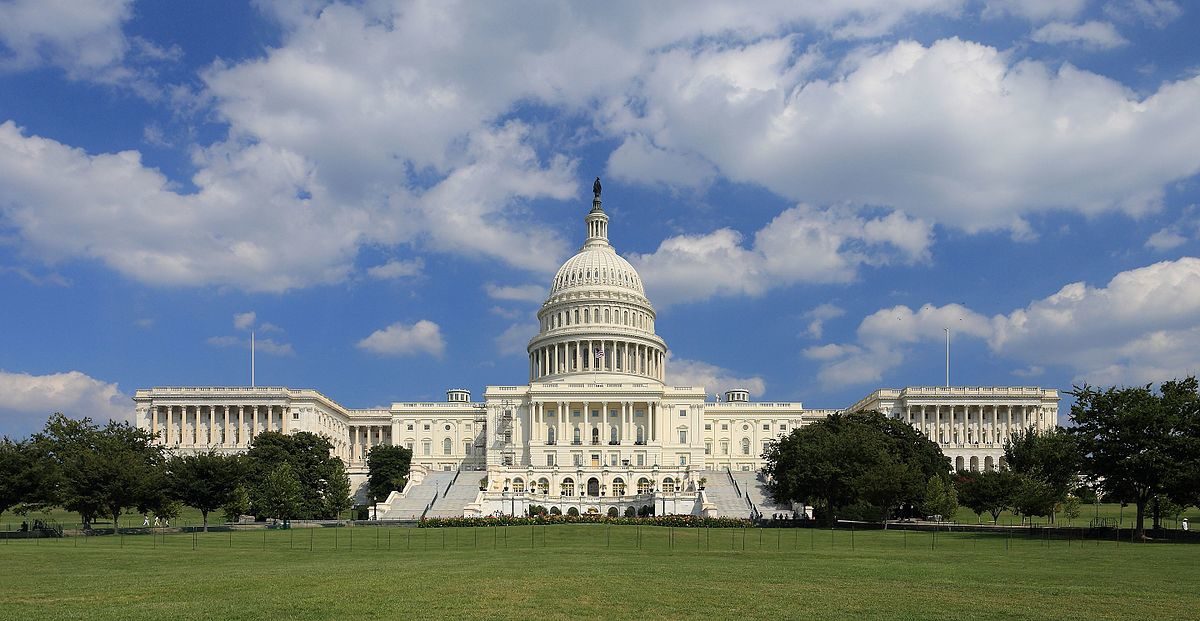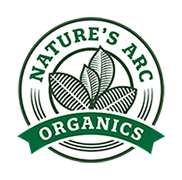
The Affects of the FDA on the CBD Industry
Recently, the FDA warned 15 businesses for selling a number of products containing cannabidiol illegally. There were a number of different violations for which companies received warnings. This includes adding CBD to animal and human foods, as well as selling CBD products as dietary supplements, and marketing new animal and human drugs that had not been approved. Continue reading to find out everything you need to know about the warnings that were issued. So what will be the affects of the FDA on the CBD Industry.
Towards the end of November, warning letters were sent to 15 businesses by the Food and Drug Administration (FDA) in the United States. These letters were sent to companies that had been involved in the illegal sale of items that contain cannabidiol (CBD) in manners that is in violation of the Federal Food, Drug, and Cosmetic Act (FD&C Act). This also led to the publication of an amended Consumer Update by the FDA, which detailed safety concerns regarding CBD products.
The affects of the FDA on the CBD Industry can be seen by the actions of the FDA as they continue to look at the different manners in which CBD products can be marketed lawfully. This includes continual work that involves obtaining and evaluating information so that outstanding queries about CBD product safety can be answered while also ensuring the stringent public health standards are maintained. We can, therefore, expect to see further updates regarding this from the FDA.
Before we take a look at the different businesses that received warnings, let’s touch upon the Consumer Update that was published. In this update, certain safety concerns were outlined with regards to CBD products, including possible liver injury, as well as changes in mood, diarrhea, drowsiness, and interactions with other types of drugs. Furthermore, there have been studies in animals that indicate that CBD can interfere with the function and development of sperm and testes, as well as impair sexual behavior in males and decrease testosterone levels. This is why it is critical to choose a responsible supplier if you are going to purchase CBD products.
There are a number of different types of products that CBD is marketed under. This includes topical creams and lotions, food products such as teas and chocolate bars, syrups, capsules, and oil drops. There are a number of companies that the FDA has deemed are guilty of utilizing social media, online stores, and webpages to market CBD products in interstate commerce in manners that are in violation of the FD&C Act, which includes marketing CBD products for treating diseases or for other therapeutic uses for animals and/or humans. Additional violations include marketing CBD items as dietary supplements, as well as adding cannabidiol to animal and human foods.
We’re delighted to say that Nature’s Arc was not one of the 15 companies that received warning letters. The businesses that received the warning letters are as follows:
● Daddy Burt LLC, doing business as Daddy Burt Hemp Co., of Lexington, Kentucky
● Sabai Ventures Ltd., of Los Angeles, California
● Red Pill Medical Inc., of Phoenix, Arizona
● Sunflora Inc., of Tampa, Florida/Your CBD Store, of Bradenton, Florida
● Bella Rose Labs, of Brooklyn, New York
● Apex Hemp Oil LLC, of Redmond, Oregon
● Private I Salon LLC, of Charlotte, North Carolina
● Healthy Hemp Strategies LLC, doing business as Curapure, of Concord, California
● Infinite Product Company LLLP, doing business as Infinite CBD, of Lakewood, Colorado
● Organix Industries Inc., doing business as Plant Organix, of San Bernardino, California
● Whole Leaf Organics LLC, of Sherman Oaks, California
● Natural Native LLC, of Norman, Oklahoma
● Noli Oil, of Southlake, Texas
● Pink Collections Inc., of Beverly Hills, California
● Koi CBD LLC, of Norwalk, California
These are not the first businesses to receive warning letters from the FDA. There are a number of businesses that have received letters previously for selling CBD items illegally in interstate commerce that claimed to cure, treat, mitigate, diagnose, or even prevent serious diseases, including cancer, or they violated the FD&C Act in another manner. Moreover, there were a number of items that were deemed in further violation because cannabidiol oil was added to food. Moreover, there were cases whereby products were advertised as being dietary supplements despite items containing CBD not meeting the dietary supplement definition.
As per the FD&C Act, if an item is going to be intended for use in order to have a medical or therapeutic use or to treat a disease, then it is a drug. The same also applies to any item, other than food, which is intended for the purpose of affecting the function or structure of the body of animals or humans. CBD products have not been approved by the FDA as drugs. There is only one exception, which is a type of prescription human drug product, which they have approved for treating severe and rare types of epilepsy.
There were a number of other public health and legal concerns that were addressed in the warning letters that were issued by the FDA. So how does this affect the CBD Industry. For example, in a letter to Apex Hemp Oil LLC, one product that was addressed that was intended for animals producing food. The FDA is concerned about food products intended for human consumption, for example, eggs, milk, and meat, which are produced from animals that consume CBD. This is because there has not been enough research into safe levels of CBD residue.
In addition to this, the FDA issued a number of warning letters in reference to products being marketed as dietary supplements. Nevertheless, as CBD products do not meet the dietary supplement definition under the FD&C Act, they cannot be marketed in this way. Some items have also been marketed for children and infants. This is a vulnerable sector of the population that could be at a bigger risk of an adverse reaction because of differences in their ability to excrete, distribute, metabolize, or absorb a substance like CBD.
Finally, some of the products that were referenced in the warning letters were food which to CBD had been added. As per the FD&C, it is not legal to introduce into interstate commerce any animal or human food to which specific drug ingredients, like CBD, have been added. Moreover, the FDA has stated that they are not aware of any basis to conclude that cannabidiol is GRAS amongst qualified specialists for its utilization in animal or human food. There are also not any regulations regarding food additives that authorize CBD use as an ingredient or animal or human food. The agency is also not away of any other exemption from the definition of food additives that would be applicable to CBD. CBD is consequently a food additive that has not been approved, and because of this, using it in animal or human food is a violation of the FD&C Act because of reasons that are independent of its status as a drug ingredient. So what are the affects of the FDA on the CBD Industry? Not sure yet, but I guess we will find out. We hope that it will put a stop to products that are not what they say they are.
At Nature’s Arc, we always strive to provide quality products. We adhere to the regulations that are in place, and we’re glad that the FDA is clamping down on industry violations. After all, there are a lot of CBD products that simply are not up to standard, and so we’re pleased to see something being done about this.




